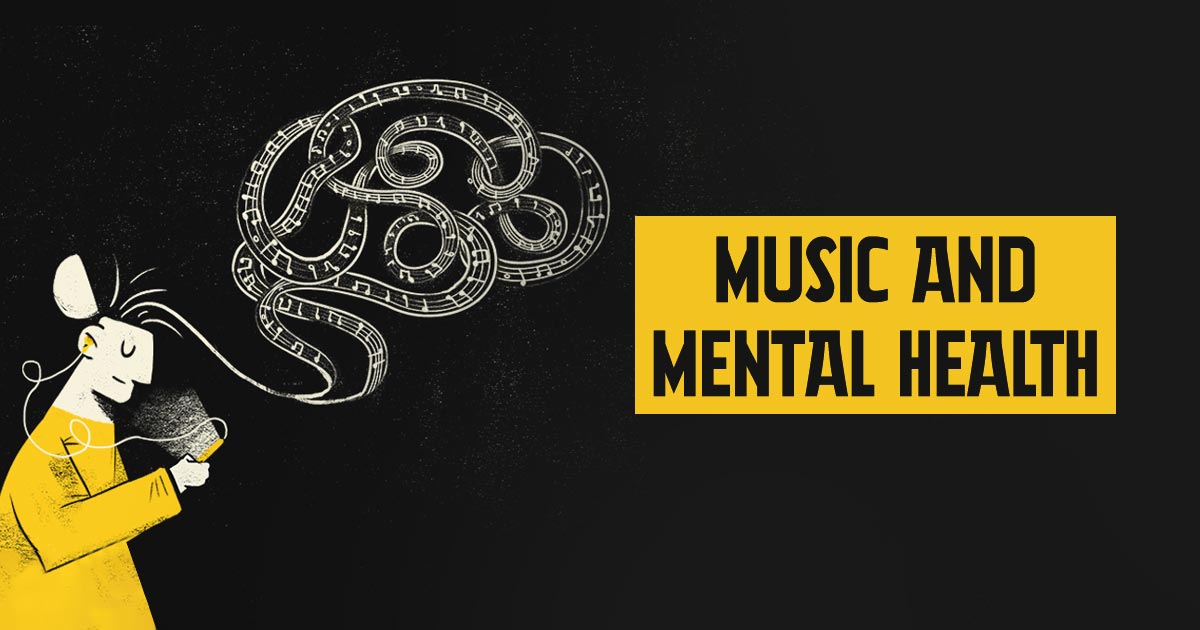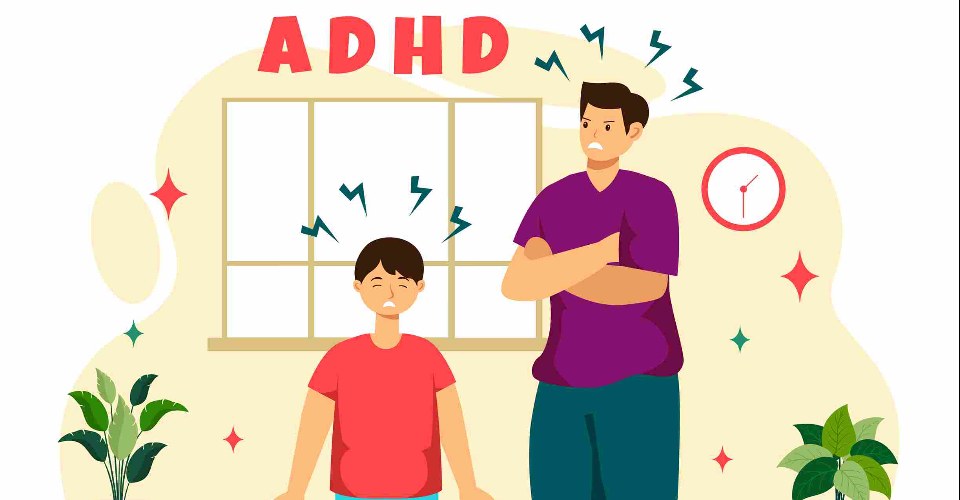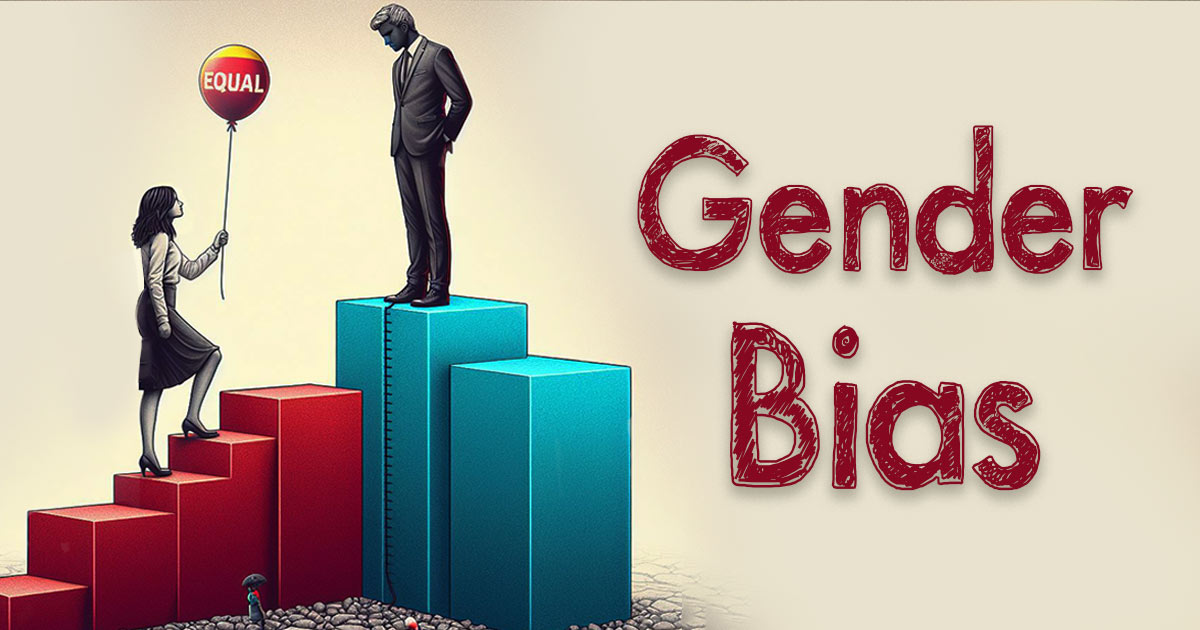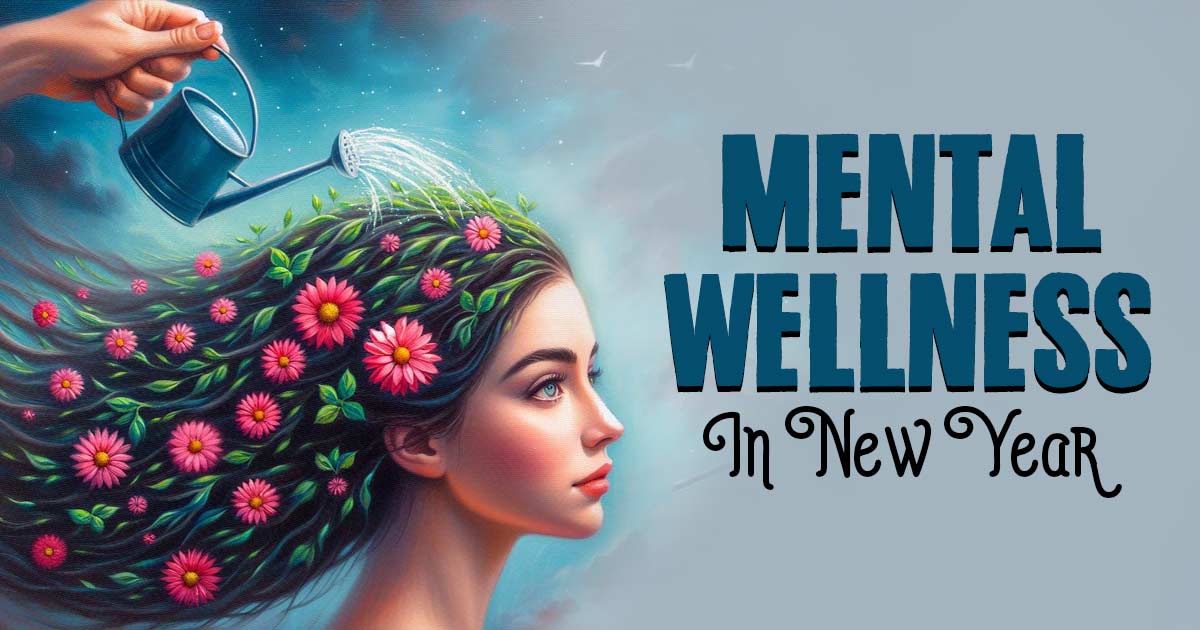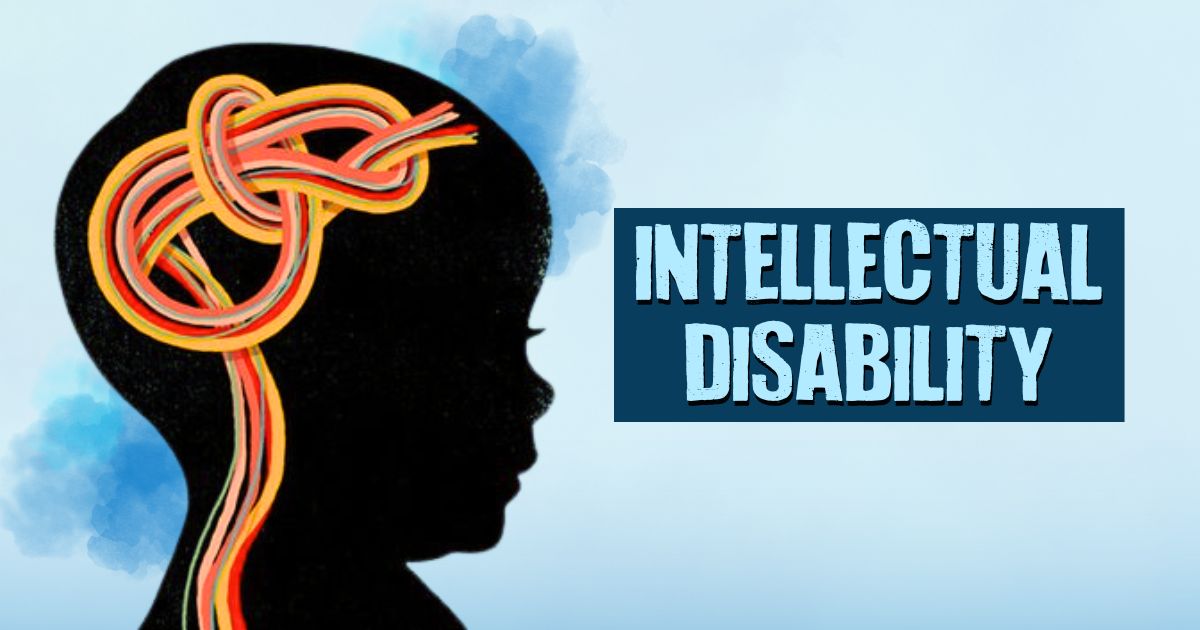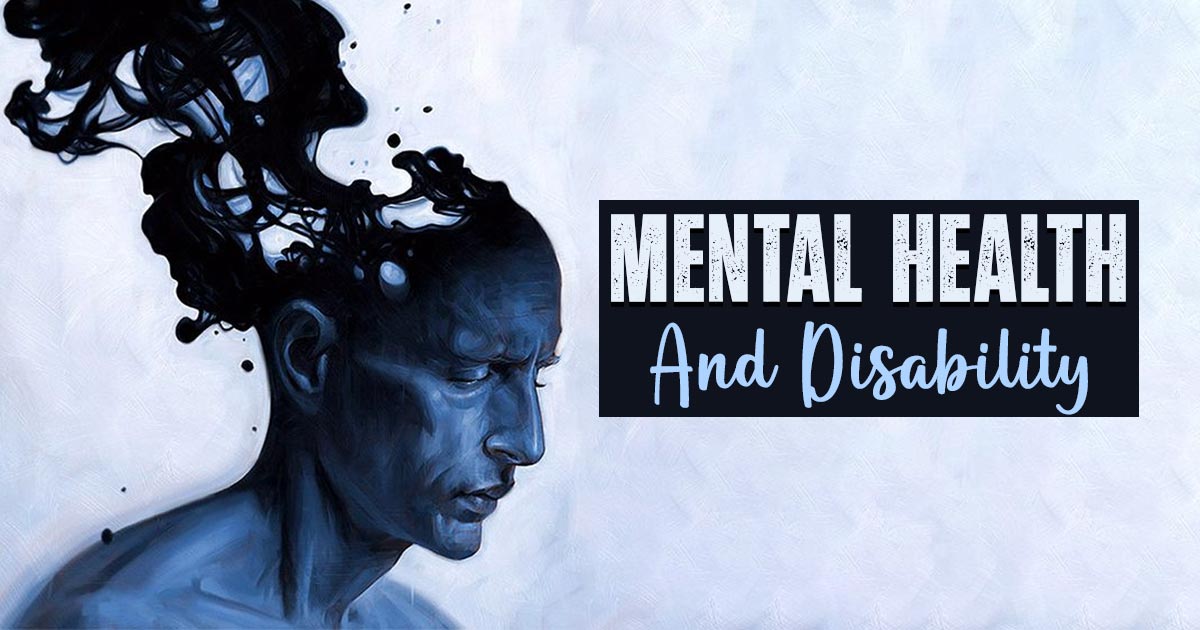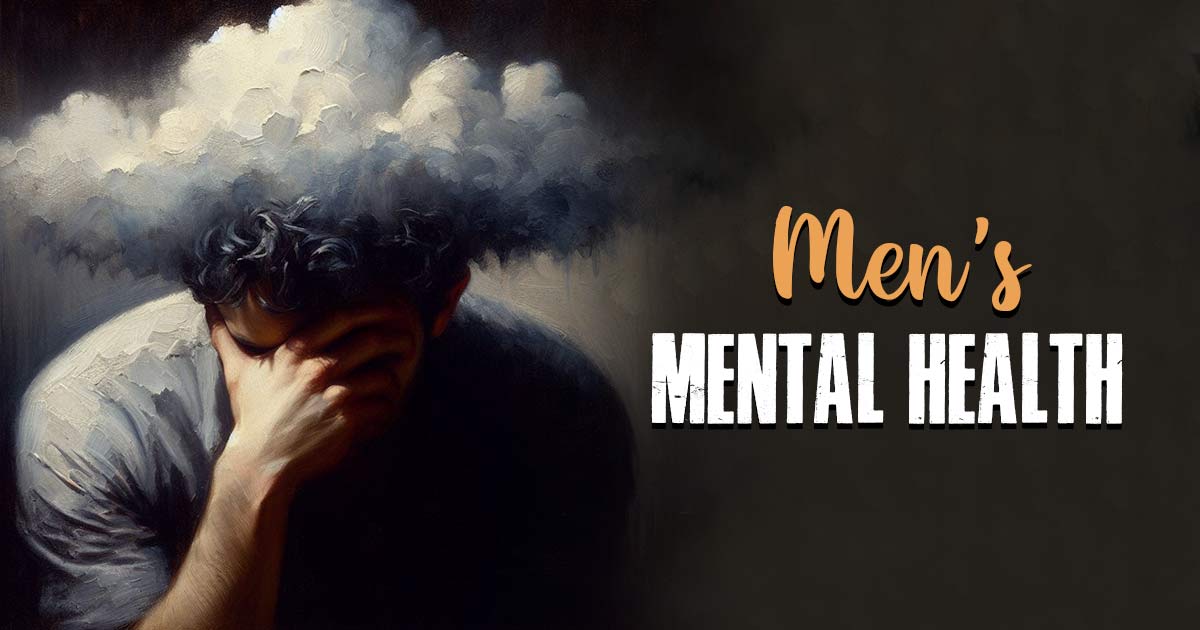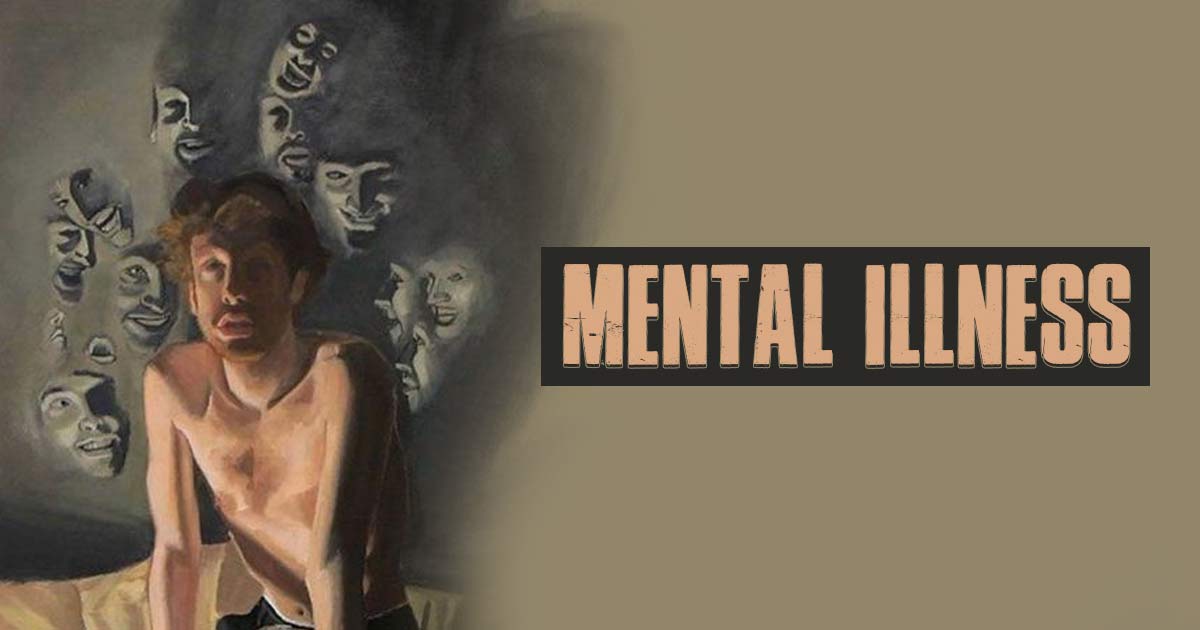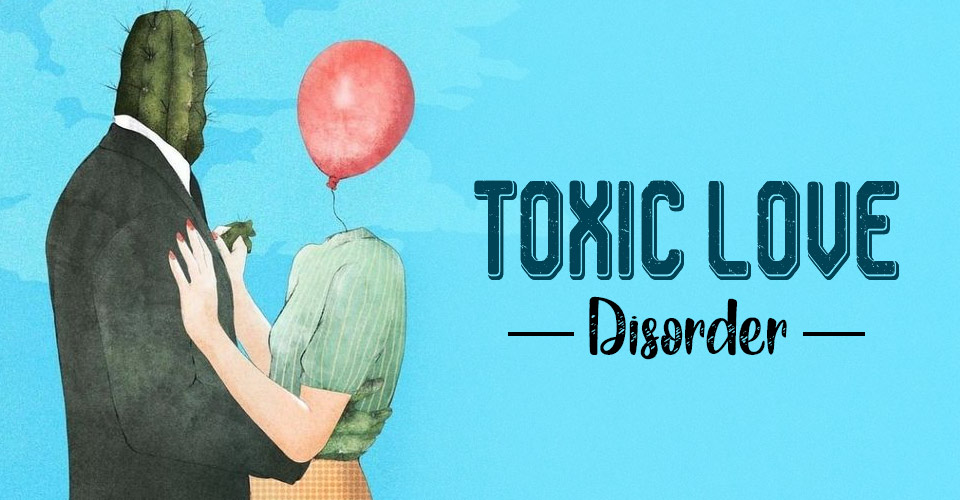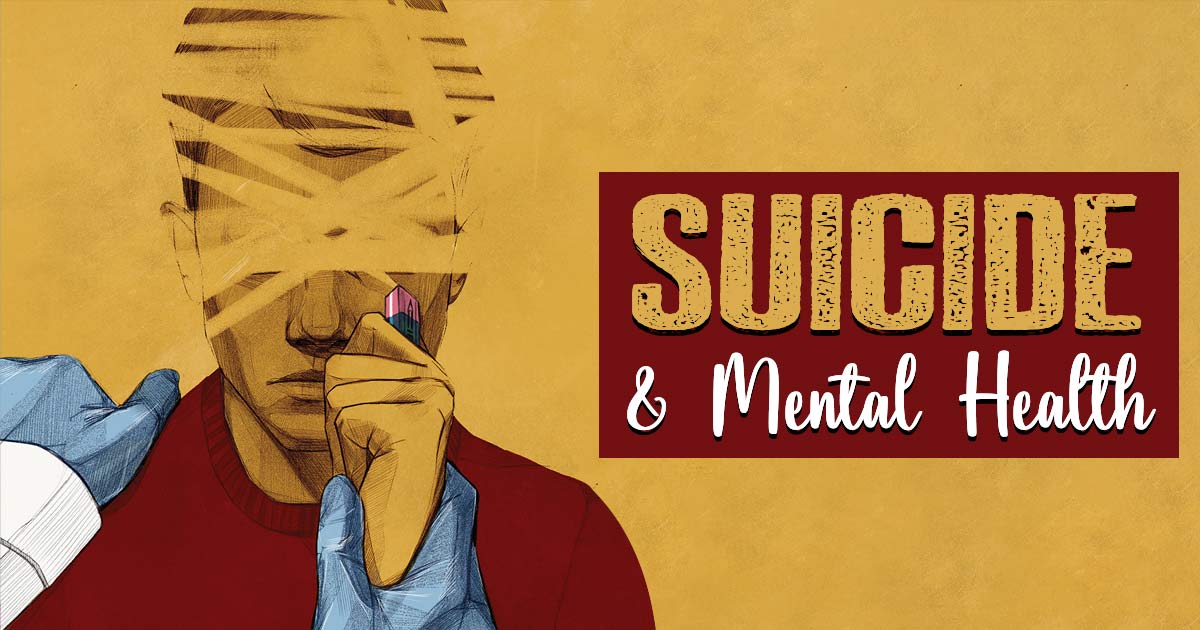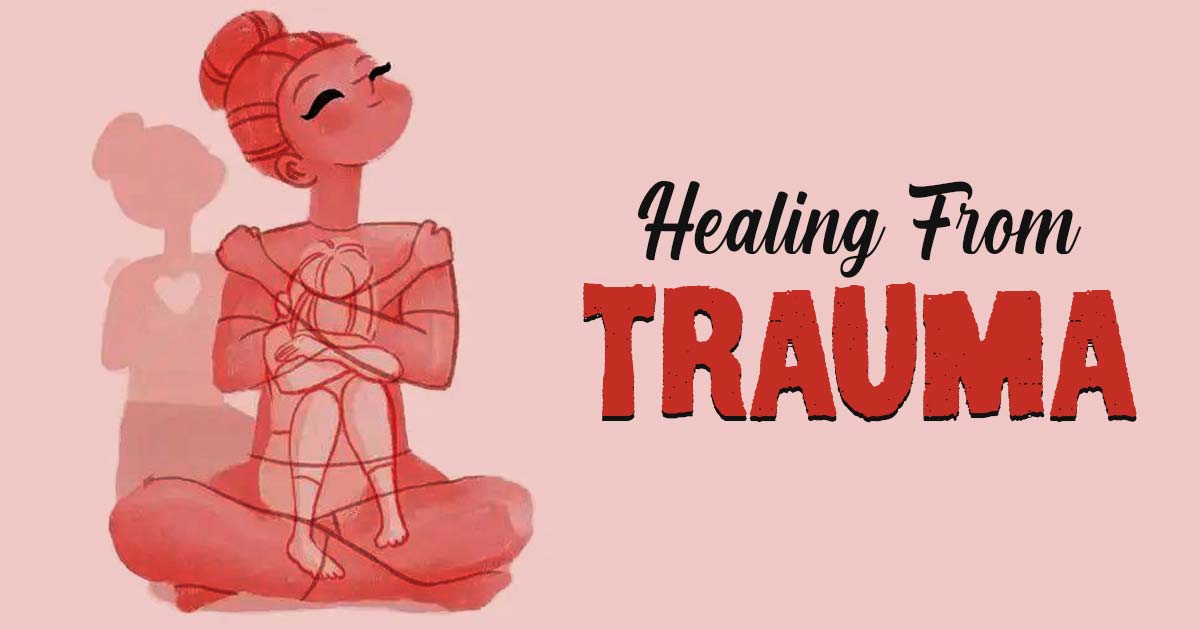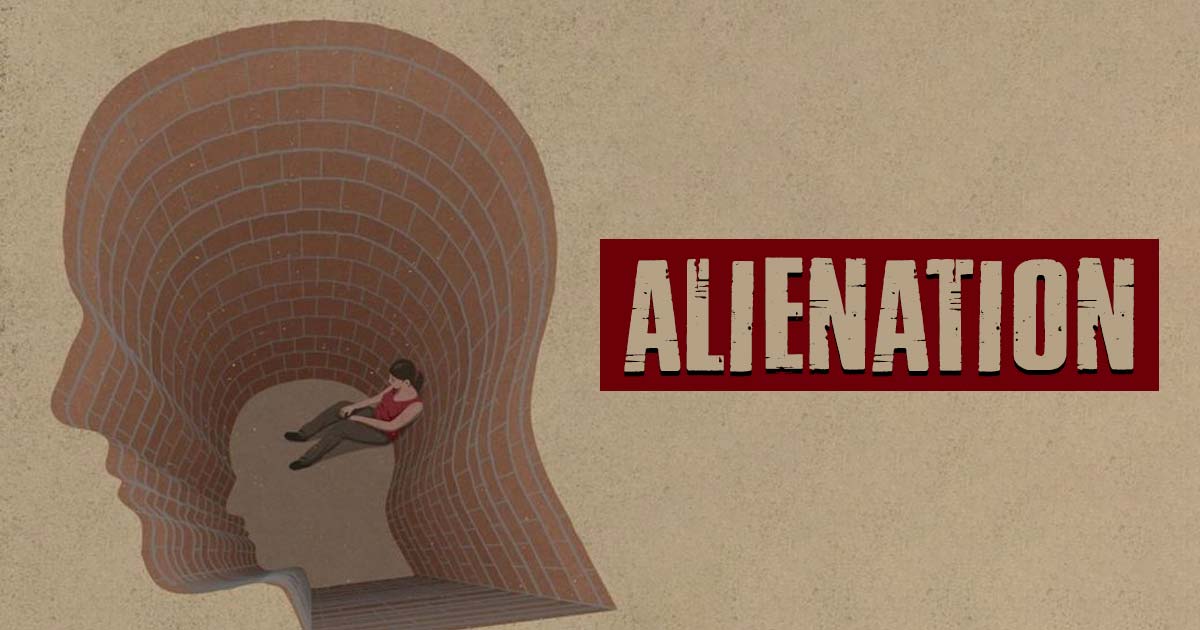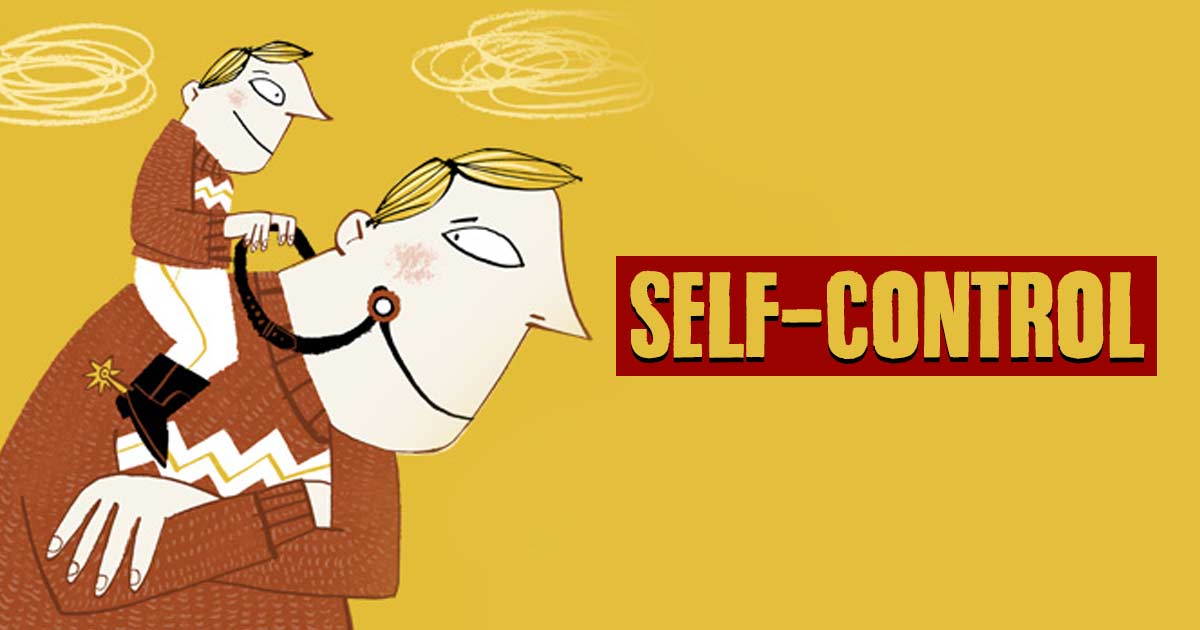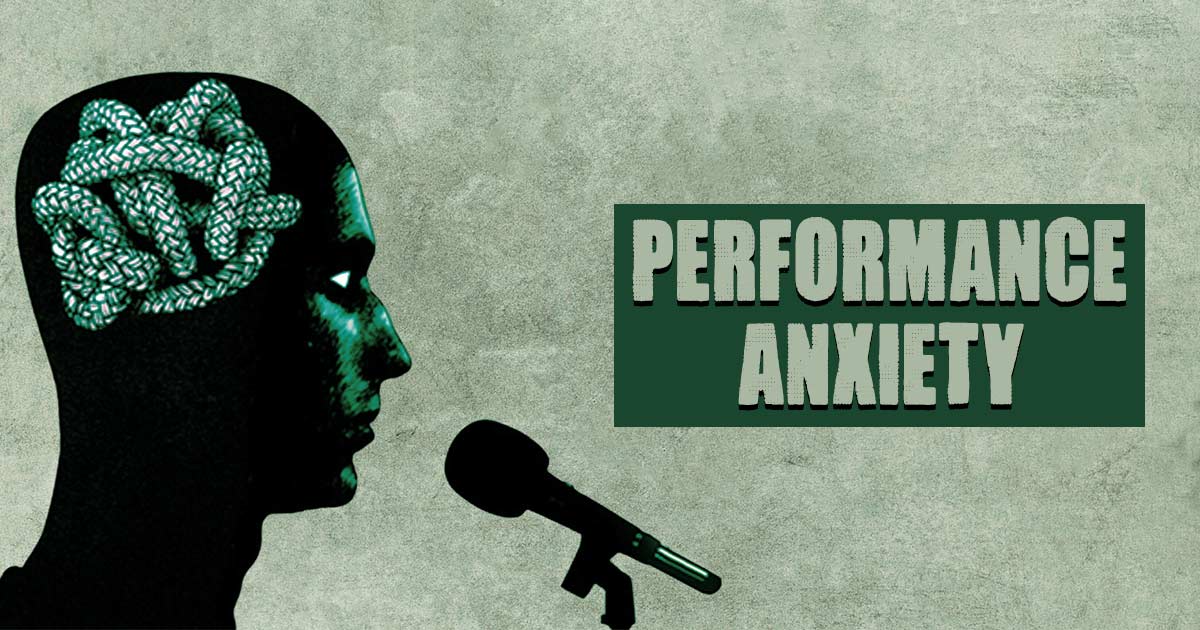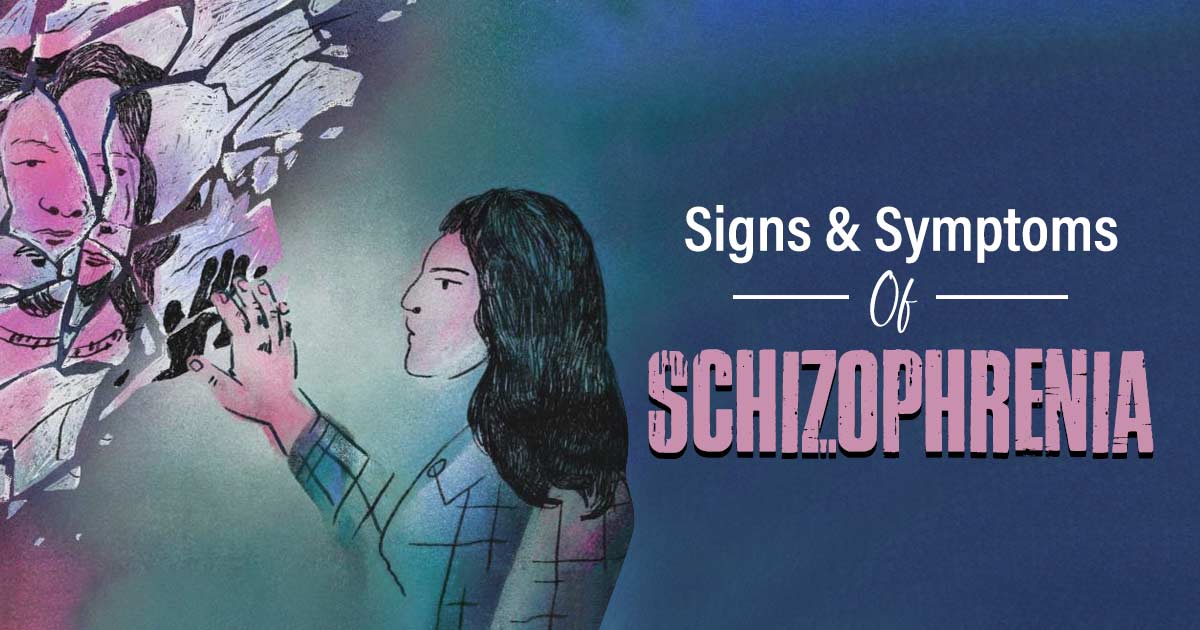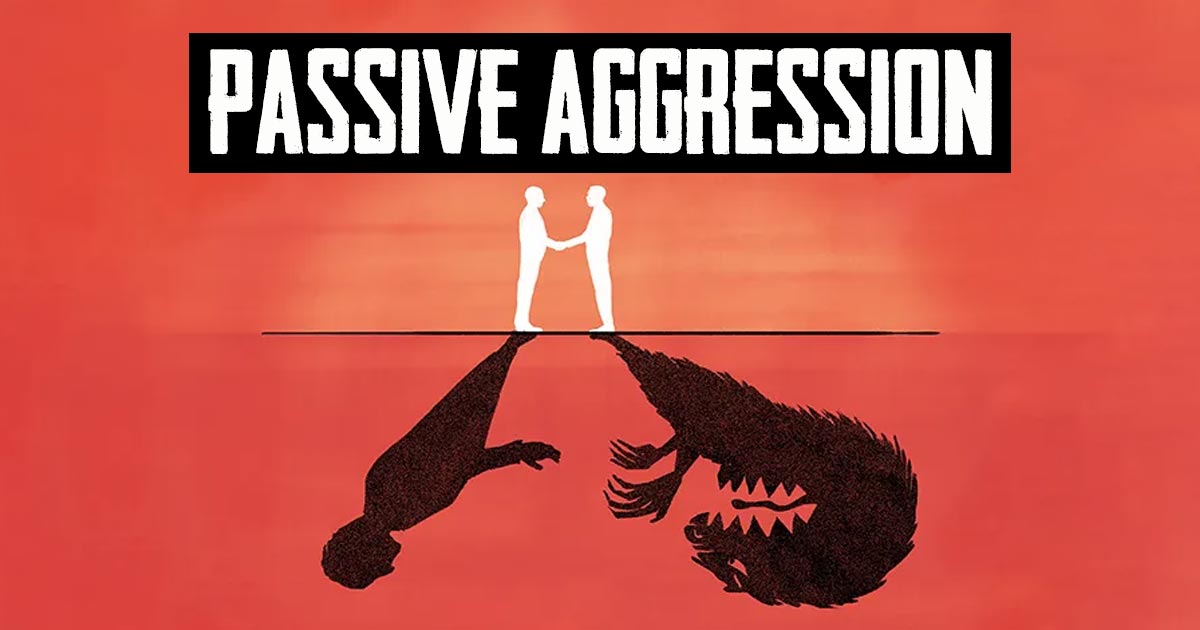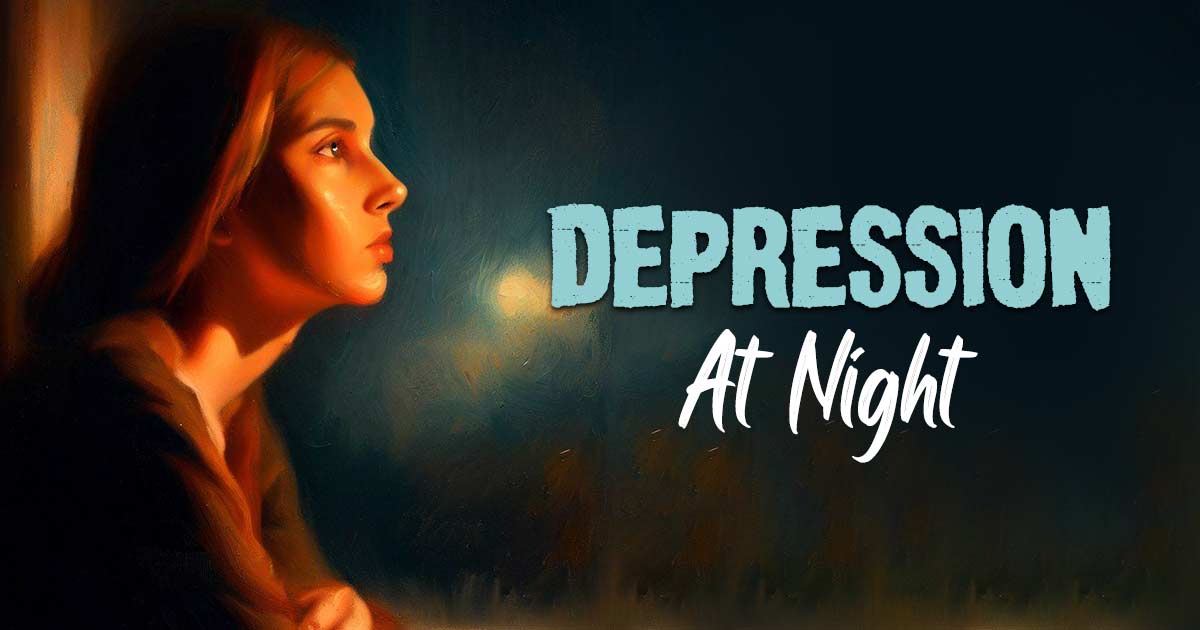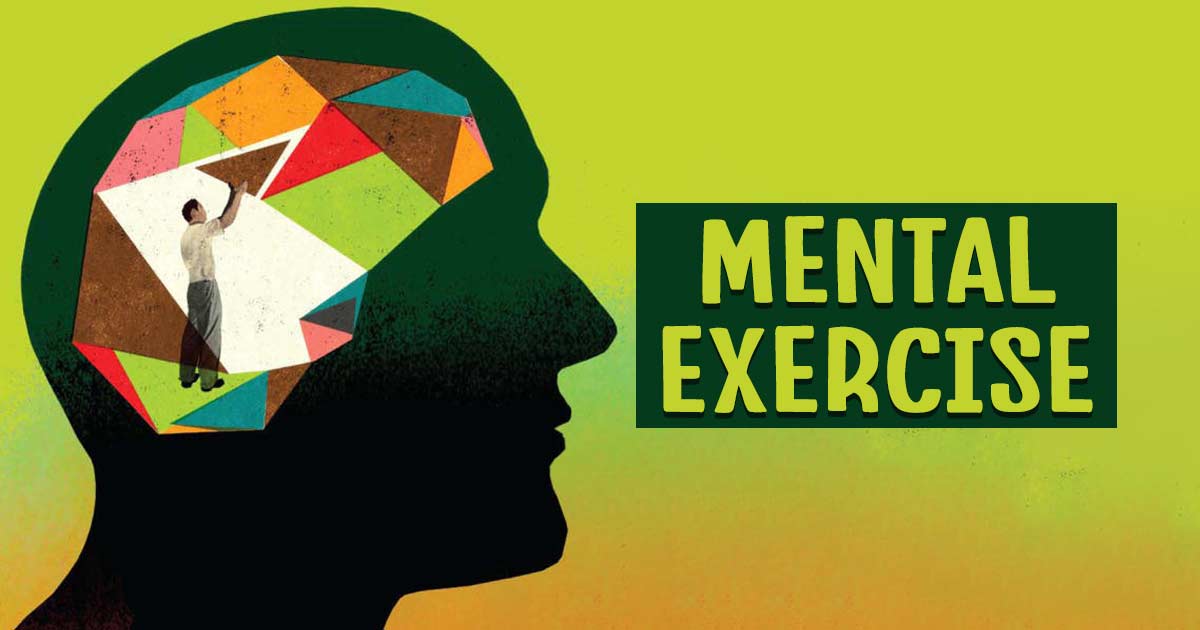Music and mental health are intricately interconnected, with music serving as a powerful tool for emotional expression, healing, and support, it has the ability to uplift moods, alleviate stress, and provide a connection to individuals navigating mental health challenges.
Music for Mental Illness
Music has shown promising potential as a therapeutic resource 1 Clark, I. N., & Tamplin, J. (2016). How Music Can Influence the Body: Perspectives From Current Research. Voices: A World Forum for Music Therapy, 16(2). https://doi.org/10.15845/voices.v16i2.871 for individuals with mental illness, offering a means of emotional expression, comfort, and connection, while also assisting in managing symptoms, promoting relaxation, and fostering a sense of hope and resilience.
When we listen to music, it can have a deep soothing effect on our mental well-being that influence our emotions, reduce stress, and provide a comforting and relaxing feeling. Music can even act as a form of therapy 2 (PDF) Music Therapy: A Useful Therapeutic Tool for Health, Physical and Mental Growth. (n.d.). ResearchGate. Available from: https://www.researchgate.net/publication/320556617_Music_Therapy_A_Useful_Therapeutic_Tool_for_Health_Physical_and_Mental_Growth , allowing us to explore and express our emotions, and providing a supportive outlet for our struggles.
However, a survey conducted on music and mental health interventions revealed that 68.5% of 3 Kumar, N. (2016, January). The effect of listening to music on concentration and academic performance of the student: Cross-sectional study on medical undergraduate students. ResearchGate. Available from: https://www.researchgate.net/publication/311435289_The_effect_of_listening_to_music_on_concentration_and_academic_performance_of_the_student_Cross-sectional_study_on_medical_undergraduate_students these interventions had positive outcomes in addressing mental health issues. This shows the potential effectiveness of using music as a tool for improving mental well-being.
Moreover, our personal experiences and challenges 4 Ebrahim Hosseini, & Seyed Ali Hosseini. (2019, May 8). Therapeutic Effects of Music: A Review. ResearchGate; unknown. Available from: https://www.researchgate.net/publication/332934020_Therapeutic_Effects_of_Music_A_Review in mental health functioning can shape our connection with music, helping us find solace, understanding, and support through its themes and messages.
Music and Mental Health Benefits
Some positive effects 5 Rebecchini L. (2021). Music, mental health, and immunity. Brain, behavior, & immunity – health, 18, 100374. https://doi.org/10.1016/j.bbih.2021.100374 of music on mental health and well-being are:
- Music has the ability to make individuals feel happier and uplift their spirits, providing a way to escape from feelings of sadness.
- It has the capacity to reduce stress and promote relaxation, with calm music being effective in helping people relax and lower their stress levels.
- Music can enhance focus, motivation, and productivity, as upbeat tunes can improve concentration and keep individuals motivated.
- Gentle and soothing music promotes better sleep quality and can assist in managing insomnia.
- It activates the brain and improves cognitive performance, stimulating cognitive abilities, including creativity.
- Music is also known to enhance memory, aiding individuals in remembering informations more effectively.
- It evokes emotional connection, making individuals feel more connected to others and fostering a sense of empathy.
Different Music for Different Mental Illness
Here are some examples 6 Ebrahim Hosseini, & Seyed Ali Hosseini. (2019, May 8). Therapeutic Effects of Music: A Review. ResearchGate; unknown. Available from: https://www.researchgate.net/publication/332934020_Therapeutic_Effects_of_Music_A_Review of positive effects of music on mental health illnesses:
1. Depression
Music can help uplift mood, provide comfort, and offer a sense of hope. Upbeat and positive music can boost spirits and provide a temporary escape from depressive thoughts.
Read More About Depression Here
2. Anxiety Disorder
Calming and soothing music can help reduce the symptoms of anxiety levels such as irritability, restlessness, etc.
Read More About Anxiety Here
3. Post-Traumatic Stress Disorder (PTSD)
Music, including techniques like rhythm-based exercises and songwriting, can help individuals process traumatic experiences, manage distressing symptoms, and promote emotional healing.
Read More About Post-Traumatic Stress Disorder (PTSD) Here
4. Attention Deficit Hyperactivity Disorder (ADHD)
Music with a steady rhythm and structure can help improve focus and attention. Instrumental music, particularly classical or ambient genres, may be helpful for enhancing concentration.
Read More About Attention Deficit Hyperactivity Disorder (ADHD) Here
5. Schizophrenia
Music can be used to help individuals with schizophrenia communicate better, become more aware of their surroundings, express their emotions and enerize them to be active.
Read More About Schizophrenia Here
6. Eating Disorders
Music can create a soothing and peaceful atmosphere during meals, which can help individuals with eating disorders feel more at ease and less focused on their body image and counting calories.
Read More About Eating Disorders Here
7. Substance Abuse Disorder
Engaging in music-making activities, such as playing instruments or songwriting, can provide a constructive outlet for emotions and serve as a distraction from the cravings for substance use.
Musicians and Mental Health Crisis
Many musicians struggle with 7 Brunt, S., & Nelligan, K. (2021). The Australian music industry’s mental health crisis: media narratives during the coronavirus pandemic. Media International Australia, 178(1), 42–46. https://doi.org/10.1177/1329878X20948957 feelings of anxiety, depression, loneliness, and self-doubt, which can negatively impact their overall well-being. For example, renowned singer-songwriter Adele has openly discussed her struggles with anxiety and stage fright, leading her to take a break from performing, while singer Demi Lovato has courageously shared her journey dealing with bipolar disorder, addiction, and self-harm.
In fact, studies have shown that a significant number of independent music makers, around 73% 8 Mula, M., & Trimble, M. R. (2009). Music and madness: neuropsychiatric aspects of music. Clinical medicine (London, England), 9(1), 83–86. https://doi.org/10.7861/clinmedicine.9-1-83 , experience symptoms of mental illness. Interviews conducted with musicians reveal that 71% of them deal with anxiety and 68.5% face 9 Vaag, J., Bjerkeset, O., & Sivertsen, B. (2021). Anxiety and Depression Symptom Level and Psychotherapy Use Among Music and Art Students Compared to the General Student Population. Frontiers in psychology, 12, 607927. https://doi.org/10.3389/fpsyg.2021.607927 challenges with depression.
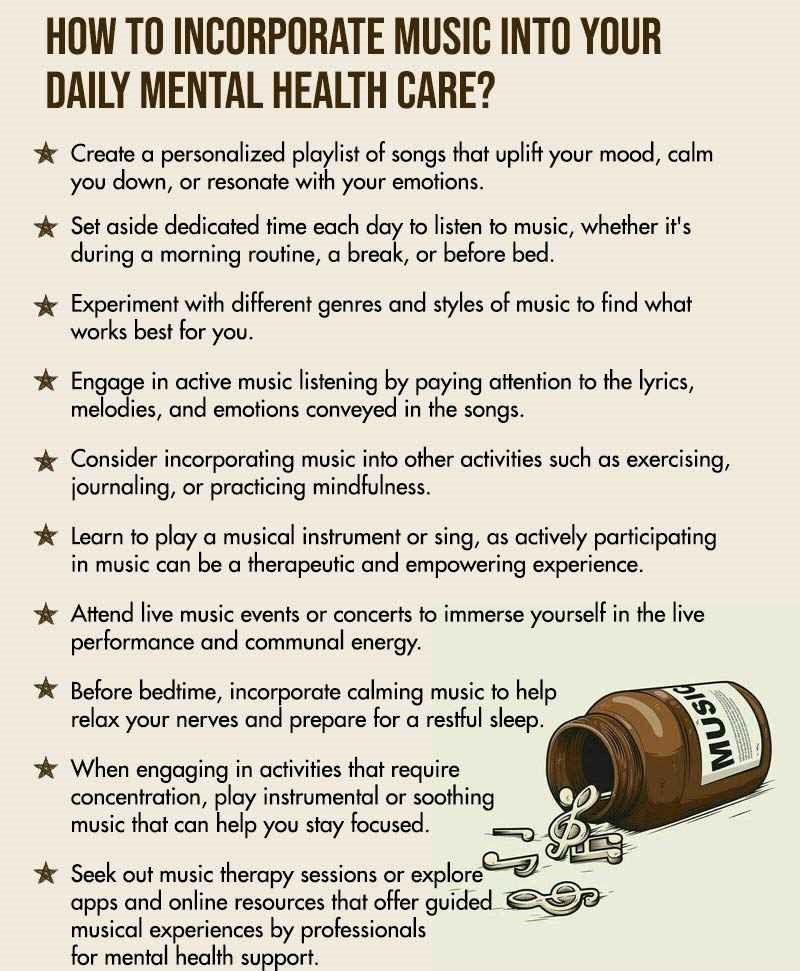
Takeaway
Music for mental illness serves as a powerful tool, offering individuals a profound connection, solace, and a unique avenue for authentic self-expression. By addressing the struggles, pain, and hope associated with mental health challenges, music helps raise awareness, reduce stigma, and foster empathy and support for those navigating their mental well-being.
At A Glance
- Music and mental health benefits have a strong connection, with each being able to influence and impact the other in meaningful ways.
- Music has the ability to reduce stress, uplift mood, and improve the quality of sleep.
- Music can be beneficial for different mental health illnesses, such as depression, anxiety, ADHD, PTSD, etc.
- Many musicians struggle with feelings of anxiety, depression, loneliness, and self-doubt, which can have a negative impact on their overall well-being.
- Incorporating music into regular life can raise self-awareness, reduce stigma, and foster empathy and support for those navigating their mental well-being.
Frequently Asked Questions (FAQs)
1. What types of music are beneficial for mental health?
The type of music that is beneficial for mental health can vary depending on individual preferences and needs. Calming and soothing music is often recommended for relaxation and stress reduction.
2. Can music therapy be used as a standalone treatment for mental illness?
Yes, music therapy has been found to offer valuable assistance in various areas, including behavior disorders, mood disorders, and anxiety disorders.
3. What are the negative effects of music on mental health?
While music can have positive effects, some potential negative effects of music on mental health include triggering or intensifying negative emotions, aggression, promoting rumination, and exacerbating symptoms of anxiety or depression in certain individuals.

